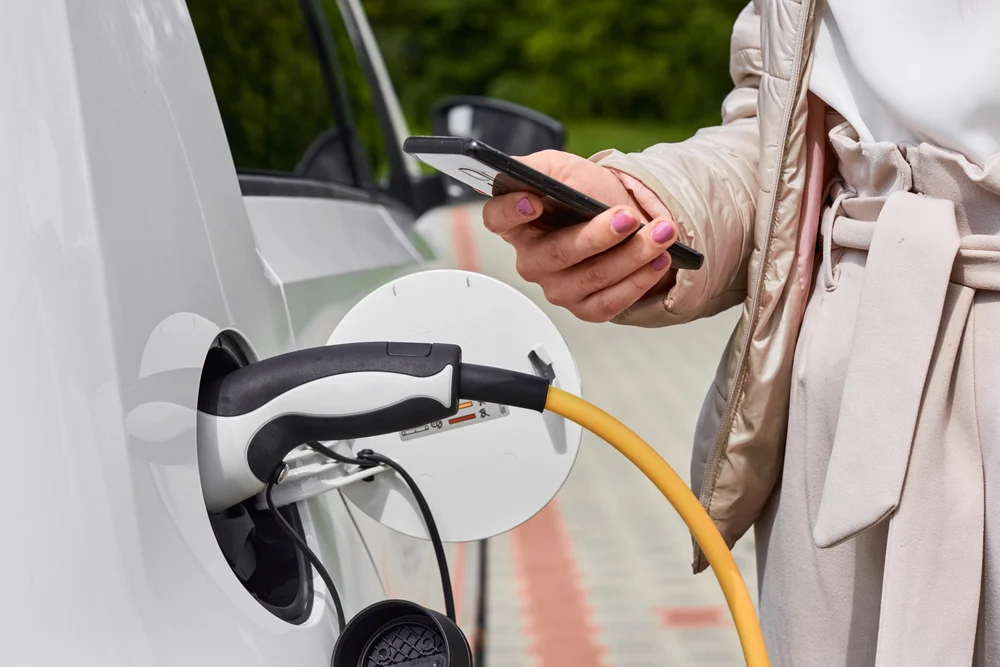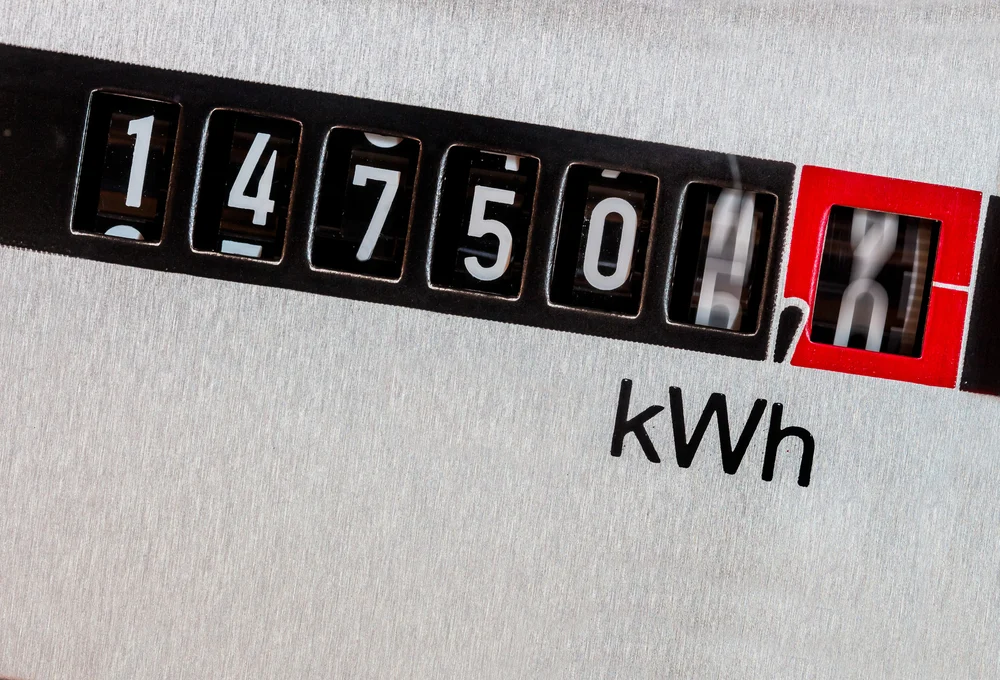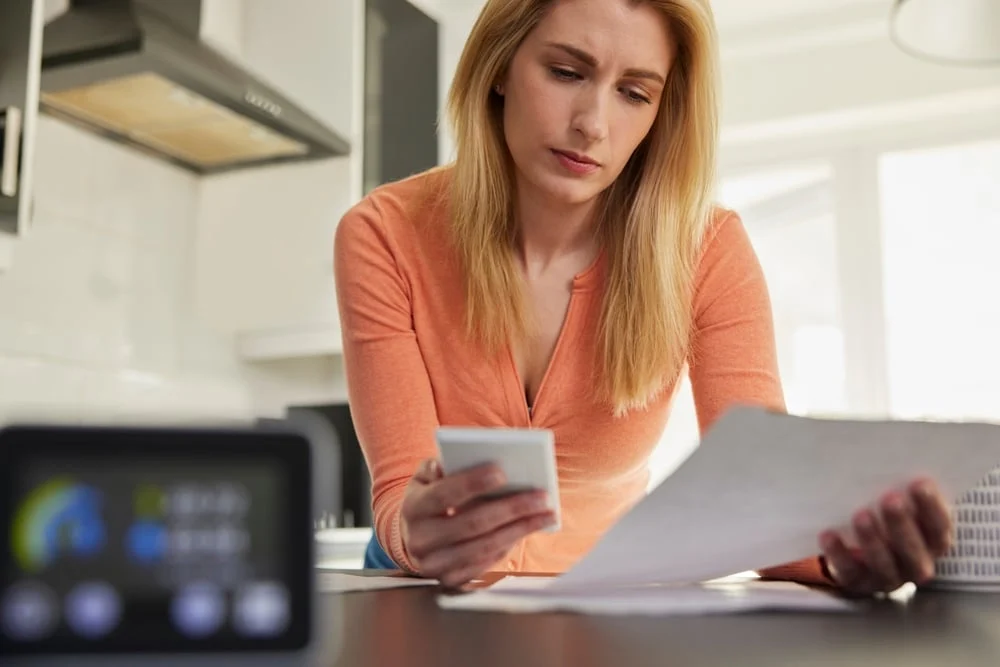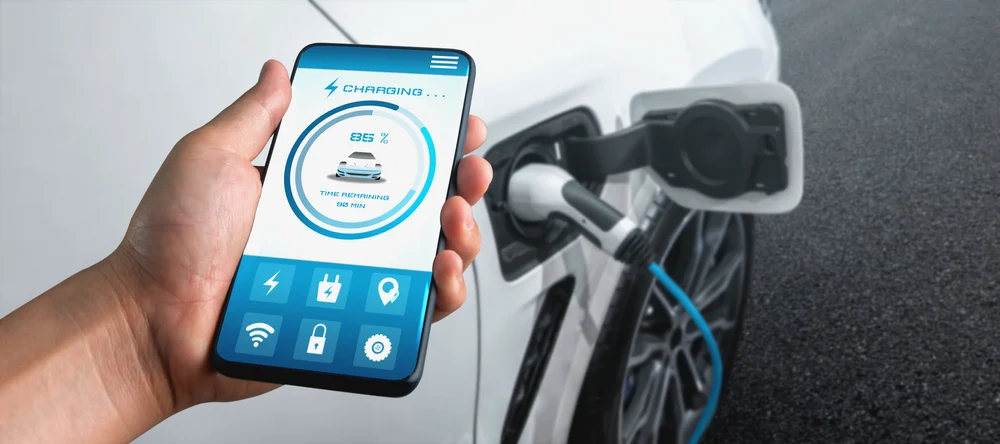And we're not the only ones seeing this shift.
To support this growing demand, governments around the world are implementing new rules requiring smart connectivity in EV charging stations. These regulations aim to create a more uniform and accessible charging experience for everyone. With connectivity, you can monitor and control your charging sessions through a dedicated mobile app. Not only does this allow you to start or stop your car’s charge from anywhere, but it also gives you access to valuable insights about your energy use and charging habits.

In this article, we’ll explore how these insights can help you make smarter decisions when it comes to charging your EV at home.
How Can You Benefit From Home EV Charging Insights?
Thanks to the connection between your EV charger and your smartphone app, you can track important performance metrics and gain deeper understanding of your charging behavior. But what exactly does that mean for you? Let’s break down the key benefits.
Keep Track of Your Energy Use
One of the most useful features of connected charging is the ability to monitor your energy consumption in real time. While many don’t think about it, charging your EV uses a significant amount of power—far more than everyday appliances like a dishwasher or microwave.
A typical home EV charger can deliver between 7.4 kW and 22 kW of power, which is roughly 7 to 14 times more than a dishwasher (which uses between 1,050 and 1,500 W). So if you’re running multiple high-power devices at once, like the oven, stove, and dishwasher, your home’s electrical system might struggle to handle the additional load from your EV.

With a smart charging app, you can plan your charging sessions to avoid overloading your system and keep your energy use under control. If you have solar panels, some apps even let you manage and track your renewable energy usage directly.
*Disclaimer: The numbers provided are general estimates and may vary depending on your specific setup and driving habits.
Reduce Your Electricity Costs
Understanding your energy use isn't just about managing your home's power—it's also about saving money. Many utility companies charge different rates depending on the time of day, with higher prices during peak hours and lower rates during off-peak times.

By tracking when you charge your EV, you can choose to do so during cheaper periods, such as late at night or on weekends. Some apps even offer a feature called load shifting, which automatically schedules your charge to occur when electricity is cheapest.
Manage Multiple Users and Stations
If you own more than one EV or live in a multi-unit building, a smart charging app can help you track each vehicle’s usage separately. This is especially helpful for apartment complexes where multiple residents share the same charging station.

These apps can also help ensure fair billing by accurately measuring and allocating energy use to individual users. Whether you're managing one car or several, a good EV charging app makes it easy to stay on top of everything.
From controlling energy use to cutting costs and managing multiple vehicles, the insights from connected EV charging can make a big difference in your daily routine. For more information on how connectivity enhances the EV charging experience, read our full guide here.



